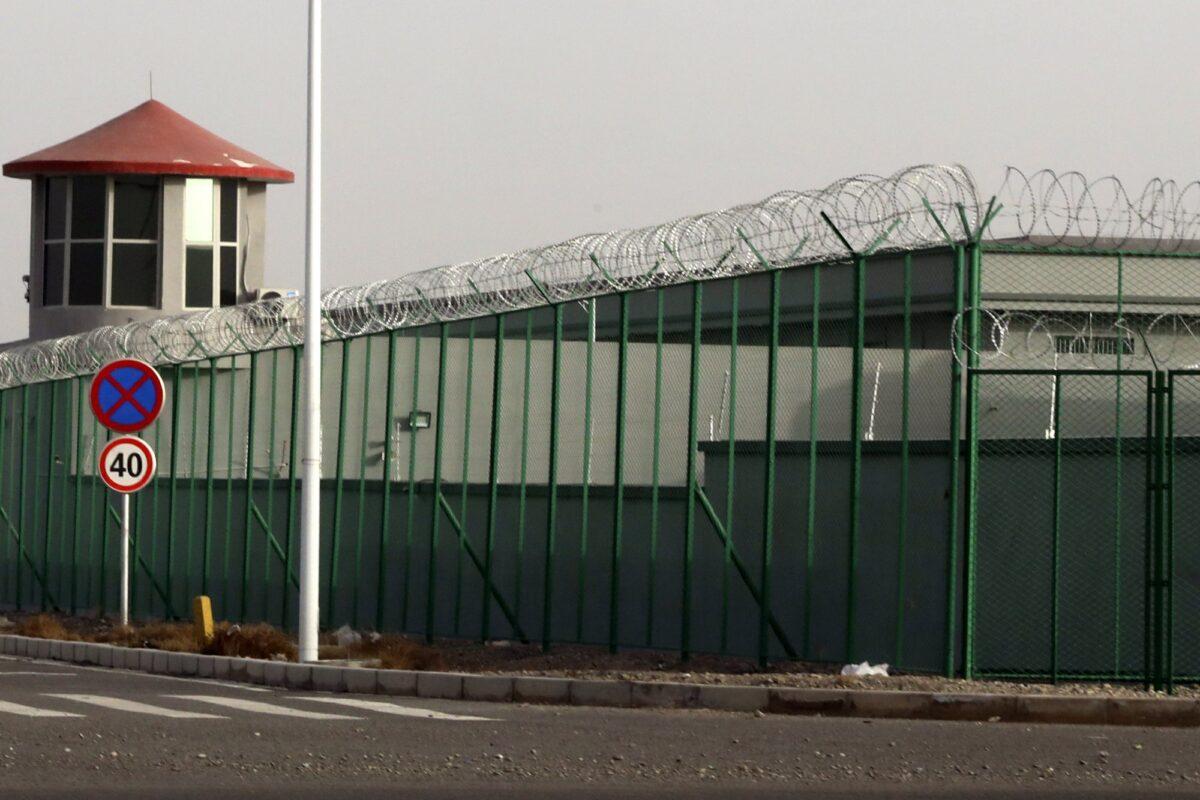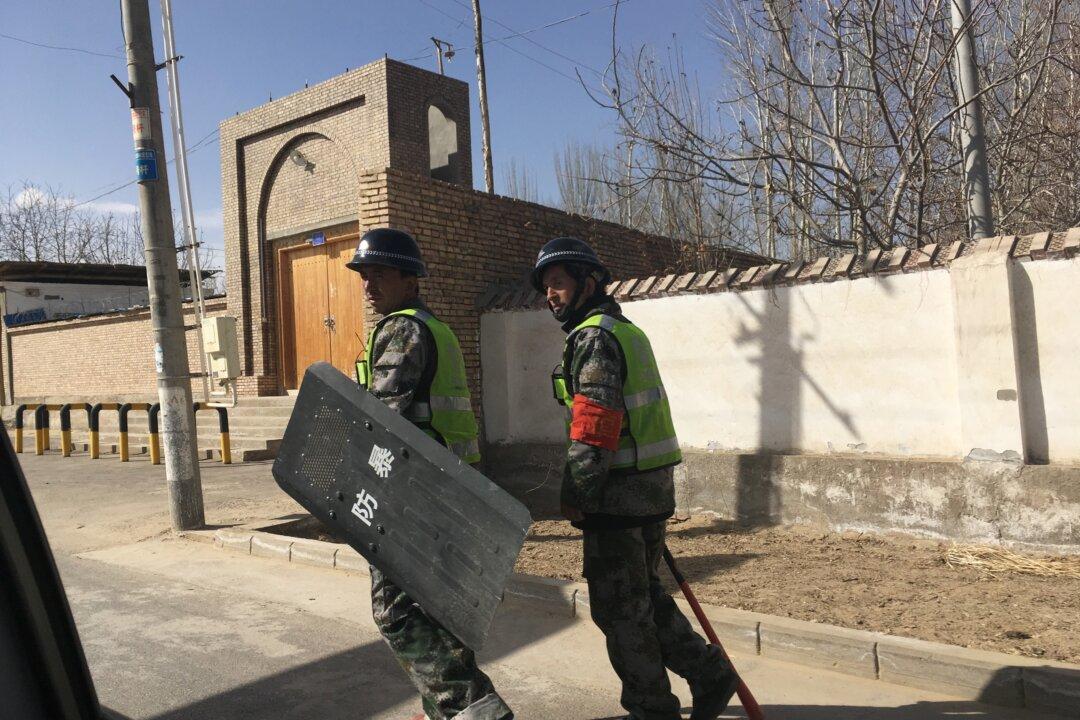A group of London barristers on Monday published a “landmark” legal opinion concluding that there’s a “very credible case” that the Chinese regime has committed genocide against the Uyghur people in Xinjiang.
Based on Article 7 of the Rome Statute of the International Criminal Court, the document said, “there is sufficient evidence to amount to an arguable case” for crimes against humanity, including enslavement, imprisonment or other severe deprivation of physical liberty, torture, rape, enforced sterilisation, persecution, and enforced disappearance.
The barristers argued that there is also sufficient evidence that genocide has been committed against Uyghur people in Xinjiang based on Article 6 of the same law.
“The finding is clear: there is an intent to destroy Uyghurs,” she added.
The WUC is one of the organisations that worked on obtaining the legal opinion, along with legal NGO the Global Legal Action Network (GLAN) and the Uyghur Human Rights Project (UHRP).

Siobhan Allen, legal officer with GLAN, called the document “groundbreaking.”
“This groundbreaking legal opinion concludes that the atrocities occurring in XUAR credibly reach the level of severity and systematicity required to constitute crimes against humanity and genocide,” she said.
“This finding makes it impossible for responsible governments to continue treating China as a normal member of the international community,” Peter Irwin, senior communications officer at the UHRP said.
“Whether it’s the 2022 Beijing Olympics or Volkswagen building vehicles a few miles from an internment camp, governments and global businesses will need to reassess their relationship with Beijing until this kind of treatment ends,” he added.
Genocide Amendment
The UK’s House of Commons is due to vote on Tuesday on a series of amendments to its post-Brexit trade bill, including a so-called “genocide amendment.” A previous version of the amendment had been defeated in the Commons by only 11 votes.If the amendment is passed, UK courts will be the first domestic courts that have the power to determine whether a country has committed genocide. If such a determination is made, a minister must arrange a motion for debate in each house of Parliament requiring the government to set out its course of action, which may include stopping negotiations or withdrawing from a trade deal with that country.
However, MPs argued that select committees already have the power to do so and have already done so, and the government has taken no action.
“A select committee can, if it wish to, produce a report of genocide, as it can now. But it is meaningless when the government has said repeatedly that the only time that they will accept, use, recognize the term genocide, is when it has been discussed, debated, evaluated, and come to a determination in a judicial setting,” MP Nusrat Ghani said in a virtual press conference when asked why she couldn’t accept the government’s compromise amendment.





